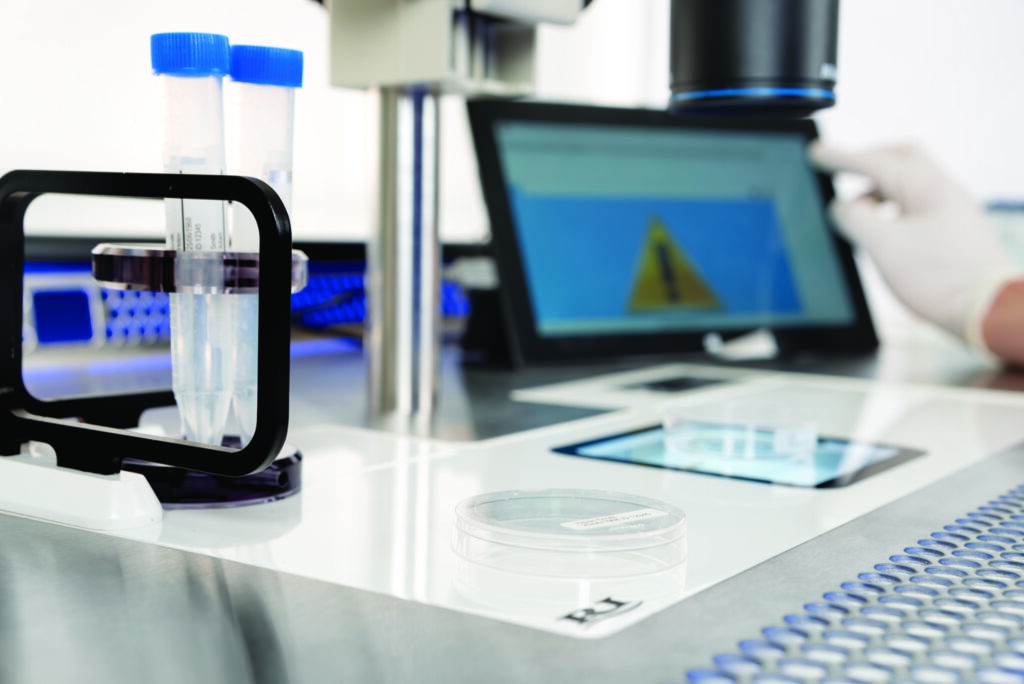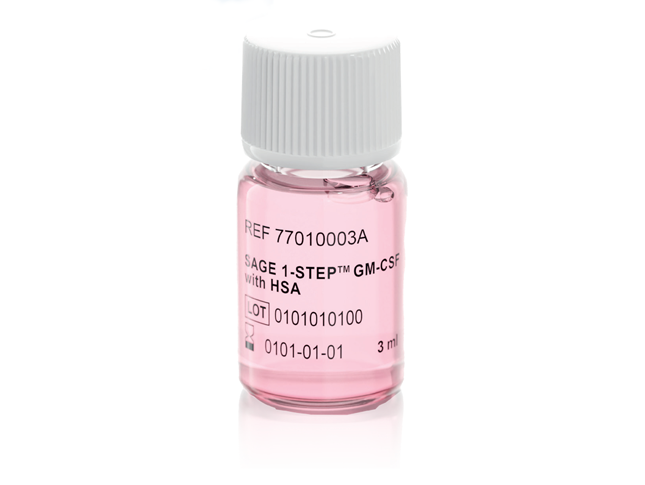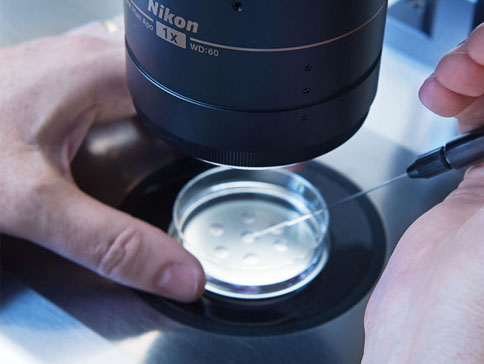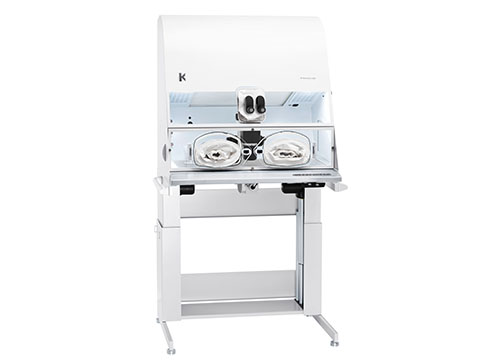In the latest transformative shift, on January 1st 2024, the Prime Minister took to the public stage, announcing that subsidies for ART treatments in Denmark would extend to cover the second child* as well.
This is a follow-up to the groundbreaking move in 2023 where Denmark witnessed a pivotal change in legislation regarding Assisted Reproductive Technology (ART) treatments. The government increased the available subsidized ART treatments from three to six, focusing initially on the first child.
The announcement has undoubtedly reached all corners of Denmark, especially among parents considering a second child through in vitro fertilization (IVF).

Preparing for Increased Demand
As the news sinks in and the anticipation builds, fertility clinics and labs across Denmark may be pondering the imminent surge in demand for IVF treatments. Questions arise: “What can we do to prepare for the increase in demand for IVF treatments?”
While the answer may differ depending on the size and capabilities of each institution, fertility professionals may want to consider various aspects of their operations. Ensuring sufficient staffing, streamlining processes, and enhancing patient experiences may be key elements for your clinic.
CooperSurgical® Fertility Solutions: Your Partner in Progress
We understand the complexities that clinics may face during such transformative periods.
CooperSurgical Fertility Solutions offers a range of products and services designed to meet the growing needs of your patients, while driving clinic efficiencies.
These include:
- Personalized training packages: Delivered by our Professional Education and Clinical Support (PECS) team, can help to empower your staff with best-practice techniques and protocols.
- Incubators: For extra storage to help ensure that clinics are well-equipped to handle the increased demand.
- RI Witness® system: Helping to eliminate the need for manual double witnessing, freeing up valuable staff time, and thereby helping to contribute to an improved patient experience.

*The subsidies are exclusively directed towards public clinics, signalling a notable change in the landscape of fertility treatments in the country.





